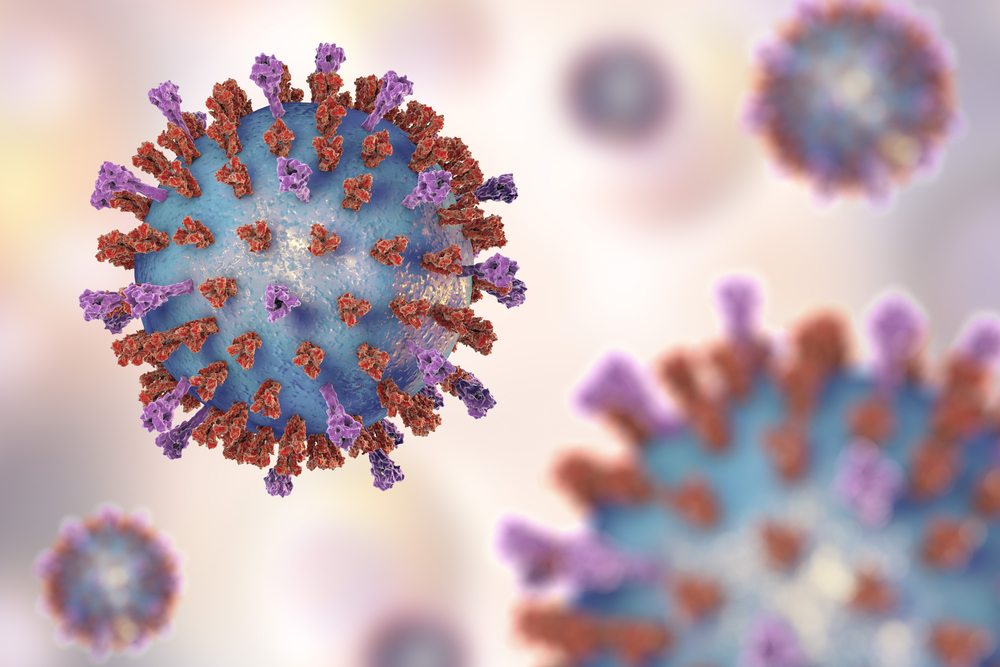
A new vaccine candidate for respiratory syncytial virus (RSV) has been designed from nanoparticles, and its efficacy against the illness in mice and monkeys has opened the path to human trials.
RSV is respiratory virus that causes mild, cold-like symptoms in most people, and has a relatively short recovery time. It is second only to malaria as a cause of mortality among infants, and infects nearly all children by age three. The National Institute for Allergy and Infectious Diseases (NIAID) blames RSV for around 160,000 deaths annually, and 64 million infections. While several vaccine candidates are in preclinical or clinical testing, there is no accepted RSV vaccine yet.
“It has historically been challenging to produce an RSV vaccine that is both safe and effective, but exciting new vaccine design strategies continue to emerge,” Brooke Fiala, a research scientist at the University of Washington School of Medicine’s Institute for Protein Design and a lead author of the study, said. “We hope to move this vaccine candidate into clinical trials soon and to continue producing vaccines for other diseases as well.”
The nanoparticle vaccine is a first of its kind, according to research posted in the journal Cell. Its core was designed entirely by computer and peppered with inert RSV proteins — themselves being evaluated in a separate Phase 1 study as an RSV vaccine candidate. This vaccine, however, has been shown to be 10 times more efficient than those proteins alone.
It is the first of many vaccine candidates made using the technology, and researchers are already looking to its future use. Several Seattle-based researchers have launched a biotech company called Icosavax to create and evaluate the RSV vaccine, but from there, they intend to apply the nanoparticle platform for other infectious diseases, including flu and HIV.
“We believe that computationally designed nanoparticle vaccines will ultimately be simpler to manufacture and more effective than traditional vaccines,” Neil King, senior author and assistant professor of biochemistry at the UW School of Medicine, said. “We will continue to develop this technology so that we and others can make new vaccines better, cheaper, and faster. We are excited to work with our many partners and collaborators to translate our work in the lab into actual vaccines that go out into the world and, hopefully, save lives.”
The research team was led by UW Medicine and the Institute for Research in Biomedicine in Bellinzona, Switzerland, but included scientists from all over the world.




